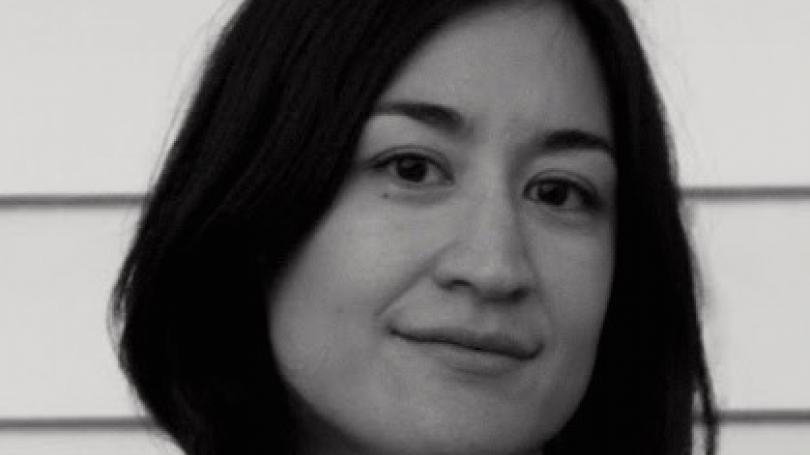
- Undergraduate
- Foreign Study
- Research
- News & Events
- People
Back to Top Nav
Back to Top Nav
Back to Top Nav
Nirvana Tanoukhi’s research and teaching focus on questions of scale, form, and critical thinking in 20th and 21st century world literature, with a focus on global Anglophone literature, the novel, literary and narrative theory, and aesthetics. In her current writing and pedagogy she asks: How does a work of literature like a novel, especially one from or about a "distant" place, establish a sense of context to ground an interpretation? On what "scale" – geographic, social, linguistic, or other – does a literary work unfold for readers? And how, accordingly, might we rethink our reading practices, whether we call it literary interpretation, appreciation, or “close reading”? Tanoukhi finds such questions crucial for understanding globalization’s current challenge to the Western tradition, and its long-standing commitment to the pursuit of truth, freedom, pleasure, and duty.
Tanoukhi has taught courses on a wide range of topics, including narrative suspense, the ghetto in literature and music, cosmopolitanism in the novel, and youth in world literature. Her approach to teaching stresses the importance of good-faith, critical debate: through intensive group discussion, students come to recognize, clarify, and develop their modes of engagement, thinking, and writing.
In addition to serving on the faculty of Dartmouth's Department of English and Creative Writing, Tanoukhi has been a faculty and founding advisory board member, since 2010, of The Institute for World Literature at Harvard, where she has taught a popular core seminar titled “The Scale of World Literature.”
Tanoukhi is co-editor of Immanuel Wallerstein and Problem of the World: System, Scale, Culture (Duke University Press, 2010). Her articles include “Surprise Me If You Can” (PMLA, 2016), "The Movement of Specificity" (PMLA, 2013), and "The Scale of World Literature" (New Literary History, 2008). She is also translator of Maryam of the Stories by Alawiyya Subuh (Seagull Books, 2016) and Passage to Dusk by Rachid al-Daif (University of Texas Press, 2001) from Arabic.